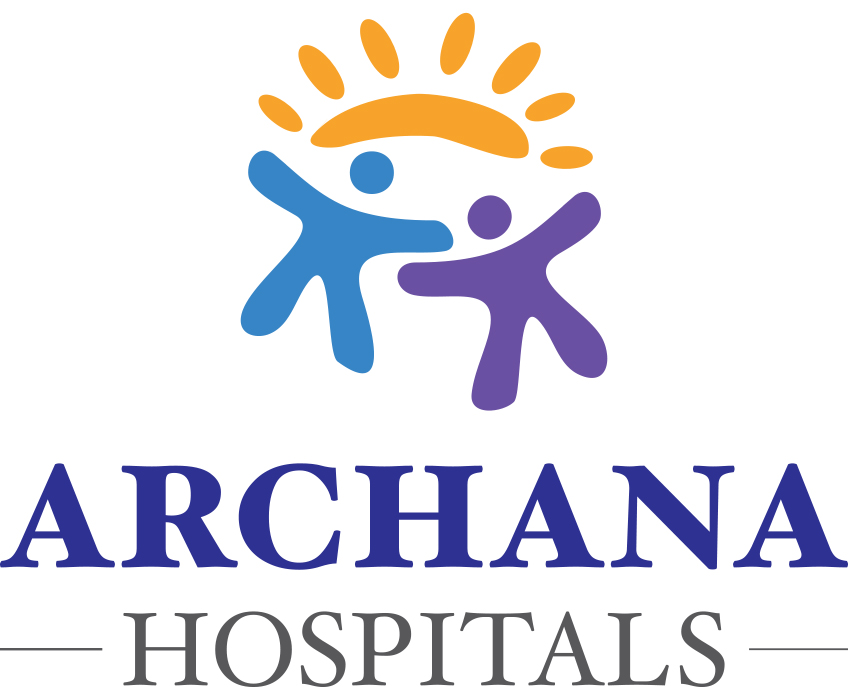Introduction
A class of illnesses known as neuromuscular disorders damage the nerves that transmit sensory data from the brain to the muscles that are contracted voluntarily. Since these conditions have a substantial impact on a person’s quality of life, understanding them is essential. This article examines a number of topics related to neuromuscular disorders, including their causes, symptoms, and possible treatments at Archana, a renowned medical center with a reputation for skillfully treating these challenging conditions


